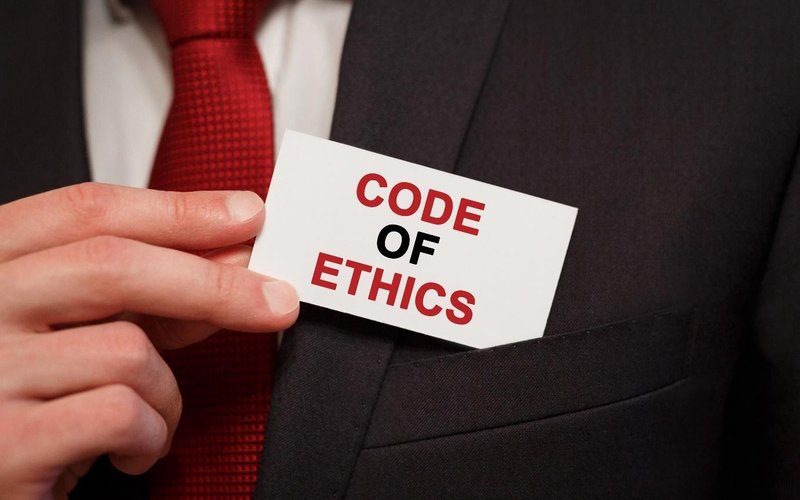As we highlighted last week there is a newly revised and restructured Code of Ethics coming soon for accountants in Ireland, expected to be effective from the 1st of March 2020.
As readers might know, the Code of Ethics used by accountants across the British Isles is based on the code issued by the International Ethics Standards Board for Accountants – the IESBA code. The format and layout for the new Code of Ethics will look completely different from the previous version. The purpose of this change is to help with the understanding and application of ethical practice.
NOCLAR
The most significant change, however, is the inclusion of ‘NOCLAR’ (Non-Compliance with Law And Regulation), which provides further emphasis on whistleblowing in the ‘public interest’. The term ‘public interest’ is dealt with in 100.1 of the existing Code as follows:
‘Acting in the public interest involves having regard to the legitimate interests of clients, government, financial institutions, employers, employees, investors, the business and financial community and others who rely upon the objectivity and integrity of the accounting profession to support the propriety and orderly functioning of commerce.
This reliance imposes a public interest responsibility on the profession. Professional accountants* shall take into consideration the public interest and reasonable and informed public perception in deciding whether to accept or continue with an engagement or appointment, bearing in mind that the level of the public interest will be greater in larger entities and entities which are in the public eye.’
NOCLAR is dealt with in two brand-new sections 260 and 360, which cover members in ‘business’ and ‘public practice’, respectively.
The Code includes additional guidance material giving members specific permission to breach confidentiality where the accountant considers it to be in the public interest.
The inclusion of NOCLAR in the IESBA Code requires an accountant suspecting a business or client related illegal act to consider whether the act is inconsequential; and if not, they should raise it internally with the client or employer. If the accountant does not consider that the client or employer has dealt with the issue properly, the accountant should make disclosure to the relevant external authority, if it is in the public interest to do so.
The previous version of the Code of Ethics, however, already included specific detail to breach confidentiality in the public interest and so the NOCLAR provisions (new sections 260 and 360) can be seen as a change of detail rather than of substance.
Next week we will look at the second most important change in the Code’s structure, to do with conflicts of interest.
Please see our latest additions to the website store which are the template AML Business-Wide Risk Assessment template and a webinar on how to prepare it. Both of these help firms comply with the latest requirements of Section 30A of the Criminal Justice (Money Laundering and Terrorist Financing) Acts, 2010 to 2018.
For other webinar topics including Investment Property Accounting, FRS 105, Common Errors in FRS 102 Accounting and the latest on FRS 105 and company law, visit our online webinar training website.
Once the webinar viewing is completed, customers will automatically receive a CPD Certificate confirming their learning.






